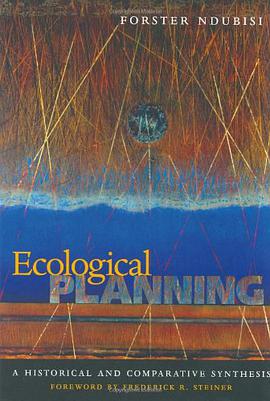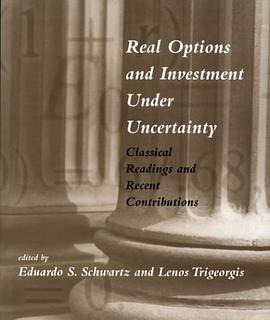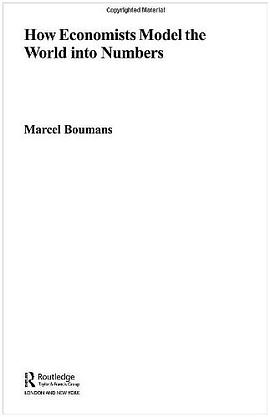

Ecological planning is the process of understanding, evaluating, and providing options for the use of landscape to ensure a better fit with human habitation. In this ambitious analysis, Forster Ndubisi provides a succinct historical and comparative account of the various approaches to this process. He then reveals how each of these approaches offers different and uniquely useful perspectives for understanding the dialogue between human and environmental processes. Ndubisi begins by examining the philosophies behind and major contributors to ecological thinking during the past 150 years, as well as the paradigm shift in planning that occurred in recent decades as a result of a growing global ecological awareness. He then turns to landscape suitability analysis and discusses alternative approaches to ecological planning, such as applied human ecology, applied landscape ecology, and others. Finally, he offers a comparative synthesis of the approaches in order to reveal the theoretical and methodological assumptions inherent when planners choose one approach over the other. Ndubisi concludes that no one approach can by itself adequately address the whole spectrum of ecological planning issues. For this reason he offers guidance as to when it may be appropriate for landscape architects and planners to emphasize one approach rather than another.
具体描述
读后感
评分
评分
评分
评分
用户评价
相关图书
本站所有内容均为互联网搜索引擎提供的公开搜索信息,本站不存储任何数据与内容,任何内容与数据均与本站无关,如有需要请联系相关搜索引擎包括但不限于百度,google,bing,sogou 等
© 2025 book.wenda123.org All Rights Reserved. 图书目录大全 版权所有




















